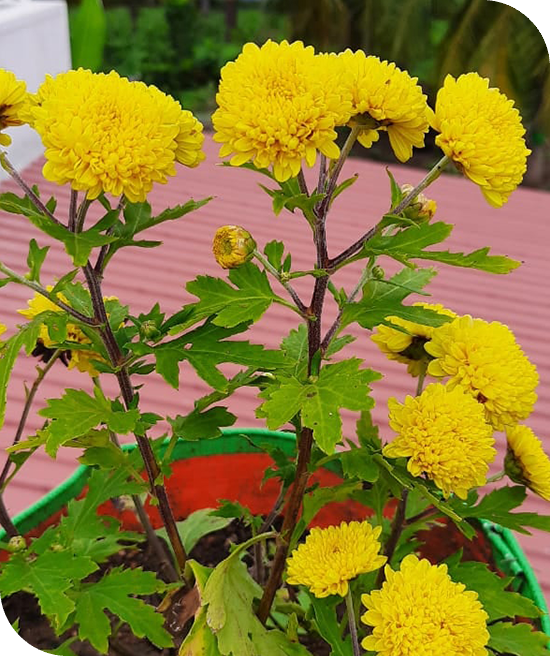



If you are planning a home garden, it's the best seed because it's native, traditionally open-pollinated seed. Free from GMOs and hybrid varieties
Let's start with a basic understanding of seed typesHumans have artificially cross-pollinated it. Some plants produce faster but smaller tomatoes, while others produce larger but slower tomatoes, so they cross-pollinate these two plants to produce both fast and large tomatoes. It's not harmful to consume, but it's against nature if we continue to cross-pollinate plants. More pesticides and fertilizers are required.
Genetically modified organisms or simply genetically engineered and are not perfect for home gardening. Because the well-known BT corn, BT cotton, and BT brinjal all contain bacteria called bacillus thuringiensis in their genes, they implanted this type of bacteria into the genetic sequence of corn. This bacteria has resistance to insects and pests. This genetically modified crop has the disadvantage of causing cancer and infertility.
Heirloom seeds have various varieties, such as tomatoes and cucumbers. It also enhances the colors and flavors of the firtus. Heirloom seeds are natural, which means they are open pollinated by insects, butterflies, bees, wind, and sometimes even human hands. But not all heirloom seeds are open pollinated. Home gardeners value heirloom seeds because they are naturally passed down from generation to generation by farmers and gardeners without the use of artificial pollination and are pesticide-free.